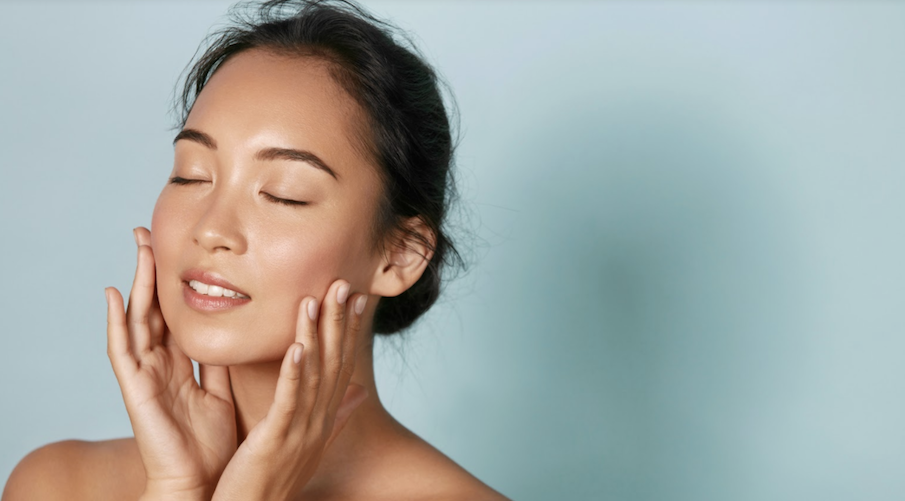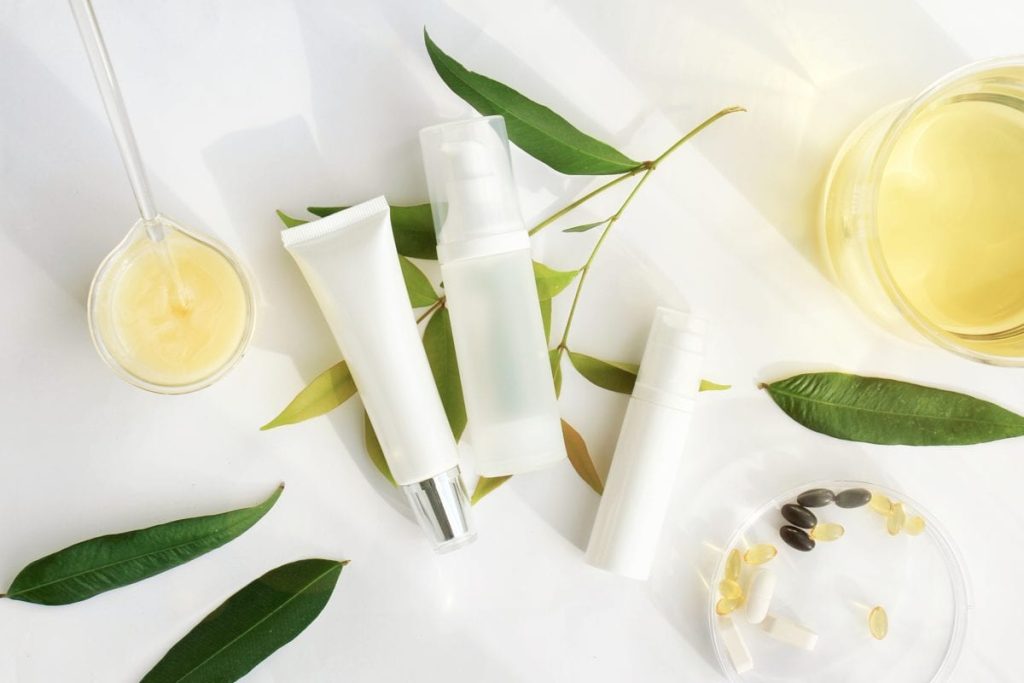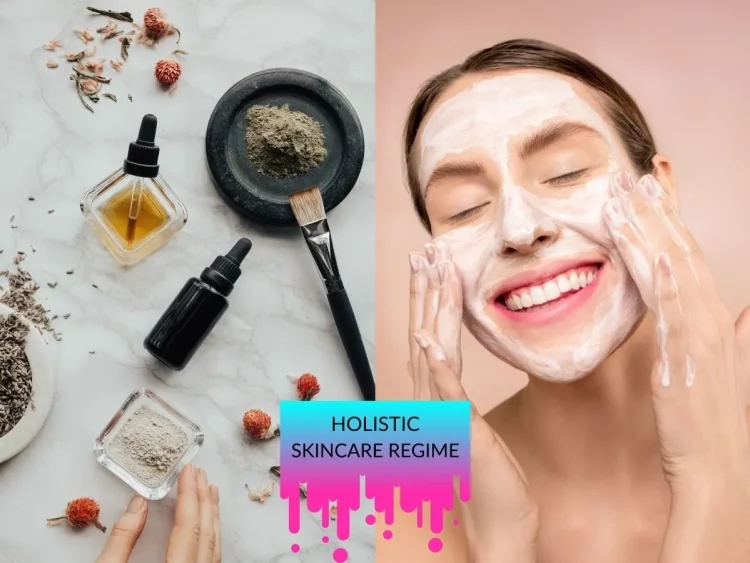As we approach the end of the year, the importance of our appearance becomes increasingly paramount. Many individuals pour their hearts and souls, along with their wallets, into skincare routines.
It’s no wonder that some claim that the amount spent on facial care rivals that of real estate. However, despite the money spent, many find themselves disappointed with the results.
In light of this, Dr. Ding from DingXiang Doctor has compiled 30 essential skincare tips that are worth jotting down.
1. Skincare Knows No Age Limit
It’s a misconception that skincare products must correspond with age, aside from those designed for infants. The crux of choosing skincare lies in understanding your skin type and the ingredients within the products.
Regardless of whether you are 20 or 50, the fundamental structure of skin remains the same. If hydration is your goal, seek hydrating products; for brightening, choose those targeting pigmentation. The dividing line of age often serves only as a marketing gimmick.
2. Skincare is for Everyone
Isn’t gender equality a universal truth? There’s no reason men can’t use products traditionally marketed towards women.
As long as a product suits your skin type, it is fair game. Of course, when given the choice, feel free to opt for the more economical option among products boasting similar benefits.
3. Sunscreen is a Year-Round Essential
Ancient wisdom reminds us, “Neglecting sunscreen in youth leads to sorrow in old age.”
Ultraviolet rays are relentless, appearing in every season and weather condition. They damage skin cells, accelerating aging and darkening the complexion.
Thus, adopting a consistent sunscreen routine is imperative—not only to prevent tanning but also to slow down skin aging.
4. Snowy Days Call for Extra Sun Protection
Sunscreen, sunscreen, sunscreen! This crucial advice bears repeating.
Winter sunlight may seem mild, yet when snow blankets the ground, the reflective quality of white surfaces amplifies UV radiation.
So, don’t skimp on sunscreen; generously apply it before engaging in winter sports!
5. Hydration is the Primary Benefit of Masks
Though masks come in countless varieties, their primary role remains hydration.
By soaking the stratum corneum and forming a barrier, masks can create the illusion of dewy skin and even a brightened complexion.
Yet, beauty is fleeting; the effects are often temporary, returning skin to its baseline after a short while.
While using a mask for an occasional hydration boost is fine, do not expect miracles.

6. Avoid Daily Mask Usage
Masks are not a currency to be overused or treated frivolously.
Once a week is generally adequate; 2–3 times weekly can suffice for most. Overdoing it may lead to “overhydration,” resulting in a damaged stratum corneum and compromised skin barrier.
7. Don’t Rely on Primers Alone
Primers are touted for their ability to block pollution, radiation, makeup, and UV rays, resembling a super protective shield.
However, in practice, they function merely as light sunscreen. Regular sunscreen remains indispensable, so apply it regardless of primer usage.
8. Avoid Frequent Deep Cleansing
Your face isn’t as dirty as you might think—don’t reach for heavy-duty cleansers unless absolutely necessary.
Excessive use of deep-cleaning products can damage your skin barrier and lead to sensitive skin.
Moderation is key.
9. Regular Exfoliation is Not Always Necessary
While the stratum corneum consists of “dead” skin cells, it also serves as a critical protective layer.
Healthy skin naturally sheds its dead cells, so basic cleansing is usually sufficient. Regular exfoliation is not essential.
10. Consult Experts for Skin Issues
For any skin concerns, don’t hesitate to seek out specialists.
There’s no shame in consulting professionals who can provide appropriate care tailored to your needs.
11. Hot and Cold Water Doesn’t Minimize Pores
It’s a common belief that alternating between hot and cold water can shrink pores.
While there might be a momentary tightening effect, pores will eventually return to their normal state.
Until science produces “artificial pores,” our natural physiology remains unchanged.
12. Wash Towels Regularly
Towels that absorb moisture from your skin can become breeding grounds for various microorganisms.
With time, bacteria, viruses, and other pathogens can accumulate.
Stay diligent—wash and sun-dry your towels frequently to minimize this risk.
13. No Need for Cotton Pads with Toners
If you insist on using cotton pads for applying toners, you may find yourself emptying bottles far too quickly!
This results in more revenue for the brands while leaving your wallet lighter.
Using cotton pads offers no significant secondary cleansing effect and may actually damage the stratum corneum through repetitive friction.
14. Application Technique Matters
When applying skincare products, there’s no need for aggressive patting or massaging.
While these may feel satisfying, they do not enhance absorption and can accelerate product evaporation.
Gentle application is advised, especially for sensitive skin prone to irritation.
15. Limit Sugary and Dairy Products When Breaking Out
It appears that spicy foods are innocent after all.
Recent studies suggest that sweets and dairy—including both full-fat and skim varieties—might exacerbate acne.
For those battling blemishes, cutting back on these items during breakout periods can be beneficial.

16. Don’t Squeeze Pimples
Please refrain from picking at your skin.
Popping pimples can lead to infection and potential scarring.
Squeezing blemishes in the so-called “danger triangle” of the face could even lead to serious infections.
Control your hands!
17. Seek Medical Help for Serious Issues
Persistent or severe skin concerns are often beyond the scope of topical products.
Visiting a qualified dermatologist for prompt treatment can prevent long-term issues such as scarring that might detrimentally affect your appearance.
18. Conservators Are Not Your Enemy
The fear of preservatives is misplaced.
High-quality skincare products contain preservatives within safe limits to ensure their efficacy.
Beware of products marketed as “preservative-free”—you may not know their hidden additives, which could render them unsafe or ineffective.
19. Natural Doesn’t Always Mean Safe
Homemade natural products may contain photosensitive substances that could lead to unwanted reactions, such as hyperpigmentation or allergies.
Moreover, these products may be rife with uncontrolled impurities and pathogens.
Remember, the skin is not designed for digesting copious amounts of natural ingredients—don’t overload it!
20. Consistency is Key
To achieve tangible results, maintaining a consistent skincare routine is crucial.
Jumping from one product to another or adopting overly complicated regimens may hinder progress.
Keep it simple and stay committed to your routine for the best long-term results.
21. Stay Hydrated
Overall health—particularly skin health—benefits from adequate hydration.
Drinking sufficient water daily helps maintain your skin’s moisture levels and can contribute to a more radiant complexion.
22. Embrace Your Unique Skin
Lastly, celebrate the uniqueness of your skin.
Understand its needs and tailor your routine accordingly, embracing imperfections as part of your personal beauty narrative.












































